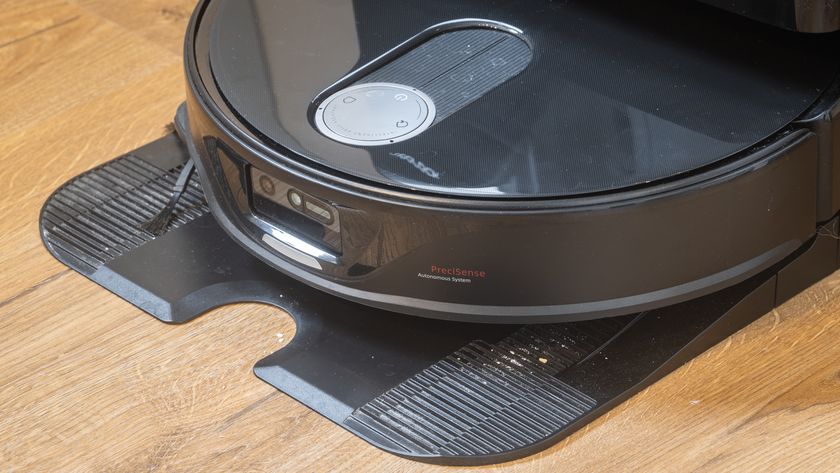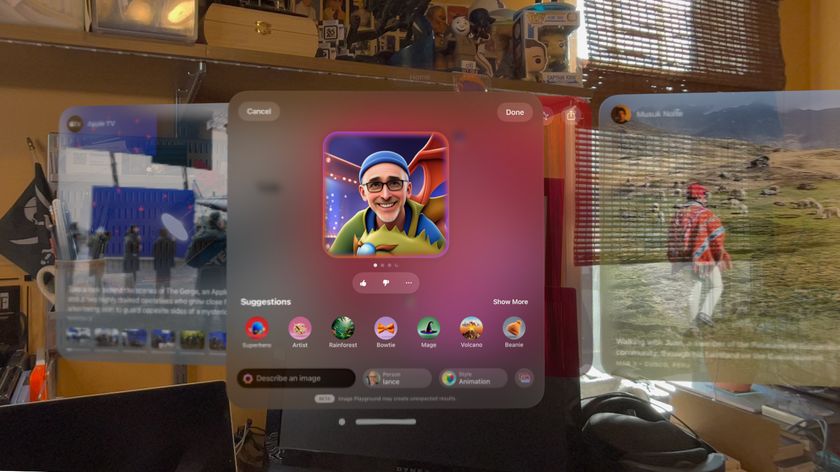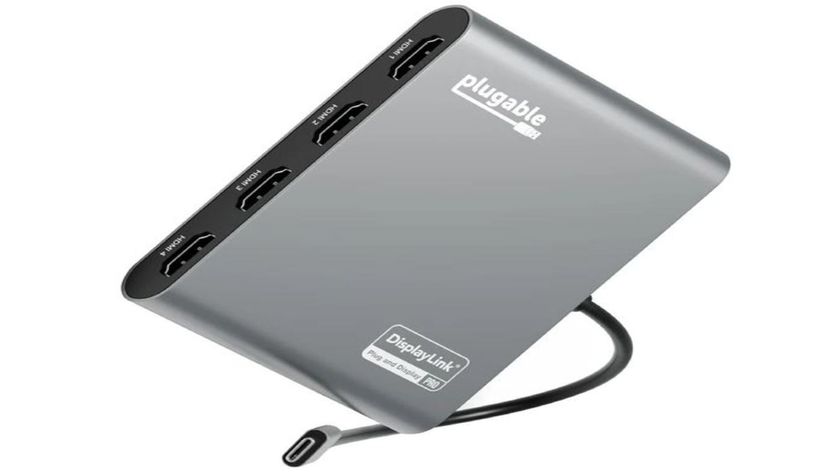Xiaomi discontinues its flagship Mi 11 Ultra in India - here's why
Is there a successor on the anvil?

Xiaomi’s first true-flagship smartphone in India – the Mi 11 Ultra - is now being discontinued. You heard it right! The smartphone, which had a troubled tenure ever since its launch earlier this year, went out of stock on most online channels since the past few weeks. And it has already been taken down from Xiaomi’s India website and is also not available for purchase on Amazon India.
The Mi 11 Ultra was launched in April shortly after its global debut this year amidst a lot of buzz and fanfare. However, it started to retail only from July 7 onwards. The company then stated that the delay was caused due to “circumstances beyond its control.” Our guess is that it could be the ongoing chipset crunch that caused this.
It is now being reported that the Chinese smartphone maker is not in a mood to replenish the stock of its flagship device in India. As per the report by IndiaToday, this is being done to make way for the next-gen flagship that will be launched next year.
Though the company has clarified to TechRadar that the phone is still available at multiple offline channel partners and will be sold till the stock lasts. Xiaomi has also stated that the company will continue to support the device with software updates as promised earlier.
The report further states that the company may decide to launch the Mi 11T Pro in India, however, this cannot be considered a true successor to the Mi 11 Ultra.
While Xiaomi has been present in India since 2012, it's focus has largely been on selling affordable smartphones through these years. And this strategy has helped the company immensely helping it topple Samsung as India’s leading smartphone maker in the Android category.
A successor or a role reversal?
Despite all the success it experienced in selling affordable smartphones, the company was never quite able to breach the flagship segment. It kept launching top-end phones in China and other markets and left consumers in India in the lurch. None of these phones ever made it to Indian shores.
Get daily insight, inspiration and deals in your inbox
Sign up for breaking news, reviews, opinion, top tech deals, and more.
With the arrival of Mi 11 Ultra, the company seemed to have finally challenged the hegemony of Samsung in the flagship category of Galaxy devices. However, the fact that the company only brought a limited quantity of devices suggested that it is still testing waters.
The Mi 11 Ultra was priced at Rs. 69,000 packed in some serious hardware including the flagship chipset, 48-megapixel ultra-wide-angle lens coupled with a 48-megapixel telephoto lens with up to 5x optical zoom, a secondary display at the rear and a large 6.81-inch QHD+ AMOLED panel on the front.
With the introduction of phones like Mi 10 and Mi 10T etc, the company did gain some ground in the premium smartphone market in 2021. However, users opting for premium devices prefer a well-rounded software experience. And MIUI, with all its fancy features still struggled to attract the attention of these users. Keeping this in mind the company had recently set up the MIUI Pioneer team which aims at improving the end-user experience.
Though it is being said that the Mi 11 Ultra is being discontinued to make way for a new flagship – that might only happen next year and the company may introduce a few affordable premium devices as a stop gap solution. Until then all we know is that the next flagship phone will surely come with Xiaomi branding instead of the Mi moniker.
- Best gifting ideas for family and friends this Diwali week
- This Diwali, convert your house into a Smart Home
Want to know about the latest happenings in tech? Follow TechRadar India on Twitter, Facebook and Instagram!
Jitendra has been working in the Internet Industry for the last 7 years now and has written about a wide range of topics including gadgets, smartphones, reviews, games, software, apps, deep tech, AI, and consumer electronics.













